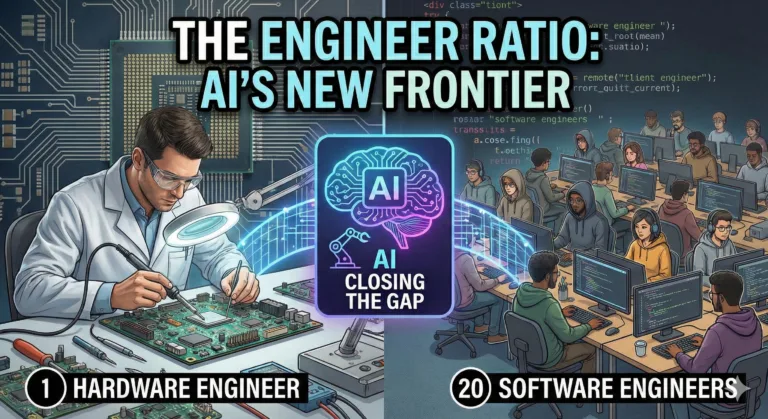Quantum chips are moving from laboratory prototypes to real-world viability. Australian startup Diraq and Belgium’s imec have announced a breakthrough in silicon-based quantum processor manufacturing. On September 24, 2025, their collaborative research, published in Nature, revealed that their chips achieved over 99% fidelity in two-qubit operations within standard semiconductor production environments. This result signals a transformative leap toward commercially viable, utility-scale quantum computers that could soon tackle problems beyond the reach of today’s most powerful supercomputers.
From Laboratory to Factory: The Fidelity Challenge
Until now, high-performance quantum chips have mostly been confined to academic labs, with uncertainty over whether their exceptional fidelity(the accuracy of quantum operations) could be maintained when using industrial-scale fabrication. Diraq’s new findings show that silicon-based quantum chips can be manufactured using existing semiconductor foundry processes and still meet the fault-tolerance threshold necessary for practical quantum computing. This means quantum processors can now be produced at scale, cost-effectively, and with the reliability required for real-world deployment.
What Makes This Breakthrough Different?
- 99%+ Fidelity in Two-Qubit Operations: Achieved in a standard chip factory, not just a research setting.
- Silicon-Based Qubits: These can be packed in the millions on a single chip, leveraging the same technology as today’s microprocessors.
- Industry Compatibility: Uses CMOS (complementary metal-oxide-semiconductor) processes—the backbone of the existing trillion-dollar microchip industry.
- Cost-Effective Scalability: No need for exotic new manufacturing methods or materials.
Professor Dzurak, Diraq’s founder, emphasized, “Diraq’s collaboration with imec makes it clear that silicon-based quantum computers can be built by leveraging the mature semiconductor industry, which opens a cost-effective pathway to chips containing millions of qubits while still maximizing fidelity.”
Why Does Utility-Scale Quantum Computing Matter?
Utility scale is the point at which a quantum computer’s commercial value exceeds its operational cost—a critical milestone tracked by the US Defense Advanced Research Projects Agency’s Quantum Benchmarking Initiative. Achieving this means quantum computers will be able to solve problems that are impossible for even the most advanced classical supercomputers, from drug discovery to cryptography and beyond.
Until now, the main roadblock has been scaling up quantum chips without sacrificing accuracy. Diraq and imec’s work demonstrates that this is now possible using the same manufacturing processes that power the modern digital world.
Silicon’s Edge Over Other Quantum Technologies
While various materials have been explored for quantum computing, silicon is emerging as the front-runner. Its main advantages:
- High density: Potential for billions of qubits per chip.
- Industry-proven: Seamlessly integrates with established chip manufacturing.
- Cost efficiency: No need for entirely new factories or supply chains.
Previous work had shown high-fidelity single-qubit operations using CMOS. The new advance extends this to the crucial two-qubit logic gates—core building blocks for scalable, fault-tolerant quantum computers.
What Happens Next?
This milestone clears a critical hurdle for commercial quantum computing. Diraq and imec are now positioned to pursue the next phase: building full-scale, fault-tolerant quantum systems that can make a real-world impact. As the technology matures, expect rapid progress in both Australia and Europe, where these innovations are centered.
Interested readers and industry professionals can join the conversation and stay up-to-date by joining our WhatsApp community.
Discover more from WireUnwired Research
Subscribe to get the latest posts sent to your email.




